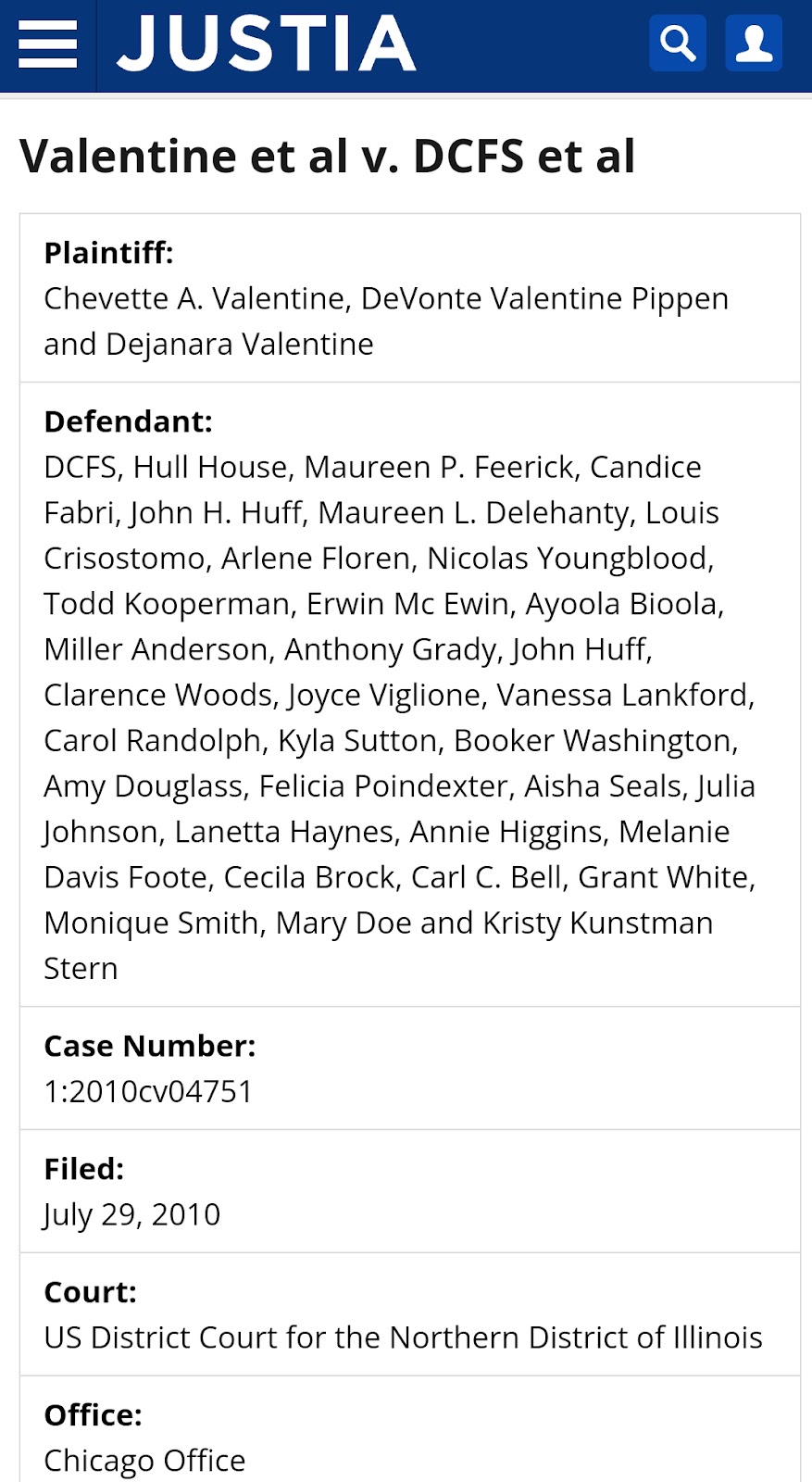I am sick and tired of CORRUPTION in Cook County
Six counts of interstate stalking, in violation of 18 U.S.C. § 2261A(2)(A), and Six counts of interstate extortionate threat, in violation of 18 U.S.C. § 875(d).
Count 1 Interstate Stalking to Arizona
Count 2 Interstate Stalking to Nevada
Count 3 Interstate Stalking to California
Count 4 Interstate Stalking to Arkansas
Count 5 Interstate Stalking to Mississippi
Count 6 Interstate Stalking to Illinois
http://sexydancer68.blogspot.com/2024/06/i-am-at-point-in-my-life-where-i-just.html
Domestic violence and stalking are considered to be very serious crimes and harsh penalties can result if you are convicted of either. In fact, mere accusations of domestic violence and stalking could affect your life by causing you to lose access to your family, home, and children – at least temporarily.
One thing that may surprise you is that you can actually be charged with a federal crime for domestic violence or for stalking.
Federal and state offenses are treated differently, federal charges are typically much more serious, and you cannot control whether you are charged with a federal offense or a state offense.
Federal Criminal Laws on Domestic Violence and Stalking
Federal criminal laws on domestic violence and stalking are found in 18 U.S. Code Chapter 110A. There are a total of eight statutes within this section addressing different issues related to federal offenses for intimate partner violence or stalking. These statutes include:
18 U.S. Code section 2261 – Interstate domestic violence: This statute defines the crime of interstate domestic violence as committing a crime or attempting to commit a crime of violence against an intimate partner while traveling in foreign commerce; while entering or leaving Indian Country; or while under the special jurisdiction of the United States. Causing the travel of a victim could also result in conviction. Penalties vary depending upon the effects of the violence.
If the victim is killed, then the defendant could face a maximum penalty of life imprisonment, and if serious bodily injury results or the defendant uses a weapon, the defendant faces up to 10 years imprisonment. In other circumstances, a defendant could be imprisoned for five years.
18 U.S. Code section 2261A – Stalking: This statute imposes a punishment for traveling in interstate or foreign commerce; entering or leaving Indian County; or acting within any territorial jurisdiction of the United States to harass or intimidate a victim. To be convicted, a defendant would need to place the victim in reasonable fear of harm, or would need to attempt to do so.
18 U.S. Code section 2262 – Interstate violation of protection order: This statute imposes penalties for violating protective orders, or trying to violate protective orders, while traveling in interstate commerce or foreign commerce; while under the special jurisdiction of the U.S.; or while entering or leaving Indian Country. Penalties could include up to life imprisonment if the victim is killed; up to 10 years if a weapon is used or bodily injury results; and up to five years in other circumstances.
18 U.S. Code section 2263 – Pretrial release of defendant: This statute makes clear that in domestic violence proceedings, the victim should be given a chance to talk with the court about the danger the defendant presents before the defendant is released.
18 U.S. Code section 2264 – Restitution: This statute addresses when a defendant would be required to make restitution to a victim.
18 U.S. Code section 2265 – Full faith and credit given to protection orders. This law makes clear that lawfully issued protective orders from other jurisdictions should be enforced.
18 U.S. Code section 2265A – Repeat offenders: According to the relevant statute, a defendant convicted of specified domestic violence events could face double the penalties specified under the chapter if the defendant had a prior conviction.
18 U.S. Code section 2266 – Definitions: This statute sets forth the definitions of words used in the rest of the statute.



